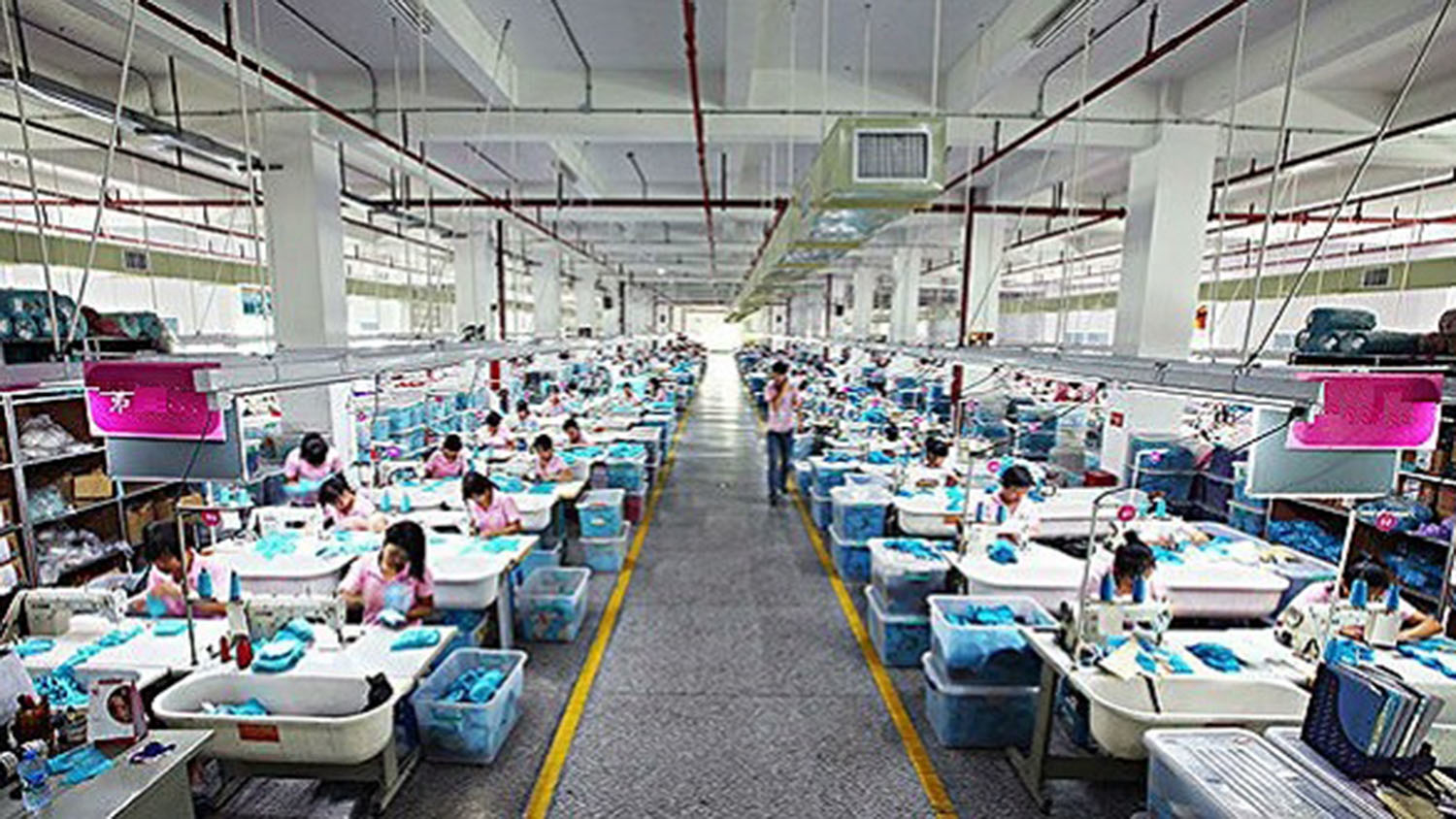Helping Consumers Change the World When They Shop

For Immediate Release
Researchers at North Carolina State University are launching an initiative aimed at improving working conditions in clothing factories on a global scale. The project hopes to help workers by developing and marketing a tool that lets apparel shoppers know how items of clothing were made.
This is far from the first such project that aims to address the well-being of workers. And that profusion of programs has created its own set of challenges.
“There are a lot of fair labor programs out there, in addition to whatever audit systems various companies have in place,” says Rob Handfield, primary investigator (PI) of the project. “It’s confusing for both factories and consumers; there are just too many.
“So we are creating what is effectively an index that takes into account all of these fair labor programs and offers a single index that consumers, and companies, can look at and understand,” Handfield says. “We want consumers to be able to look at our index and know: I can feel good about this product, or, possibly, I have reservations about this product.” Handfield is the Bank of America University Distinguished Professor of Operations and Supply Chain Management in NC State’s Poole College of Management.
In order to develop this Ethical Apparel Index (EAI), the researchers will be focused on answering questions such as: How do you weight each of the existing fair labor indices? Which are most reliable? Which capture the most serious violations?
The project also has an experimental component aimed at finding the best way to present the index in order to influence consumer behavior. For example, would shoppers respond to a simple color-coded label that appears next to a product in online retailers? Should there be a link to information about a product’s specific supply chain? Both?
“Here’s the thing: if you influence consumer behavior, companies will buy into it,” Handfield says. “Because that represents sales revenue, not just compliance with a regulation.”
The researchers are also establishing an expert board of advisors which will serve as a sounding board for ideas, suggestions, commentary and advice throughout all phases of this project. The panel will include experts from industry, nonprofit organizations and apparel brands.
Co-PIs on the project are Tim Kraft, an assistant professor of operations and supply chain management in NC State’s Poole College of Management; and Marguerite Moore, a professor in NC State’s Wilson College of Textiles. The research team also includes Balaji Soundararajan, a Ph.D. student at NC State; and Rejaul Hasan, a recent Ph.D. graduate from NC State who now works for the VF Corporation.
This project was made possible through the support of a three-year, $1.25 million grant from Templeton World Charity Foundation, Inc. The opinions expressed in this news release are those of the author(s) and do not necessarily reflect the views of Templeton World Charity Foundation, Inc.
-shipman-
- Categories: